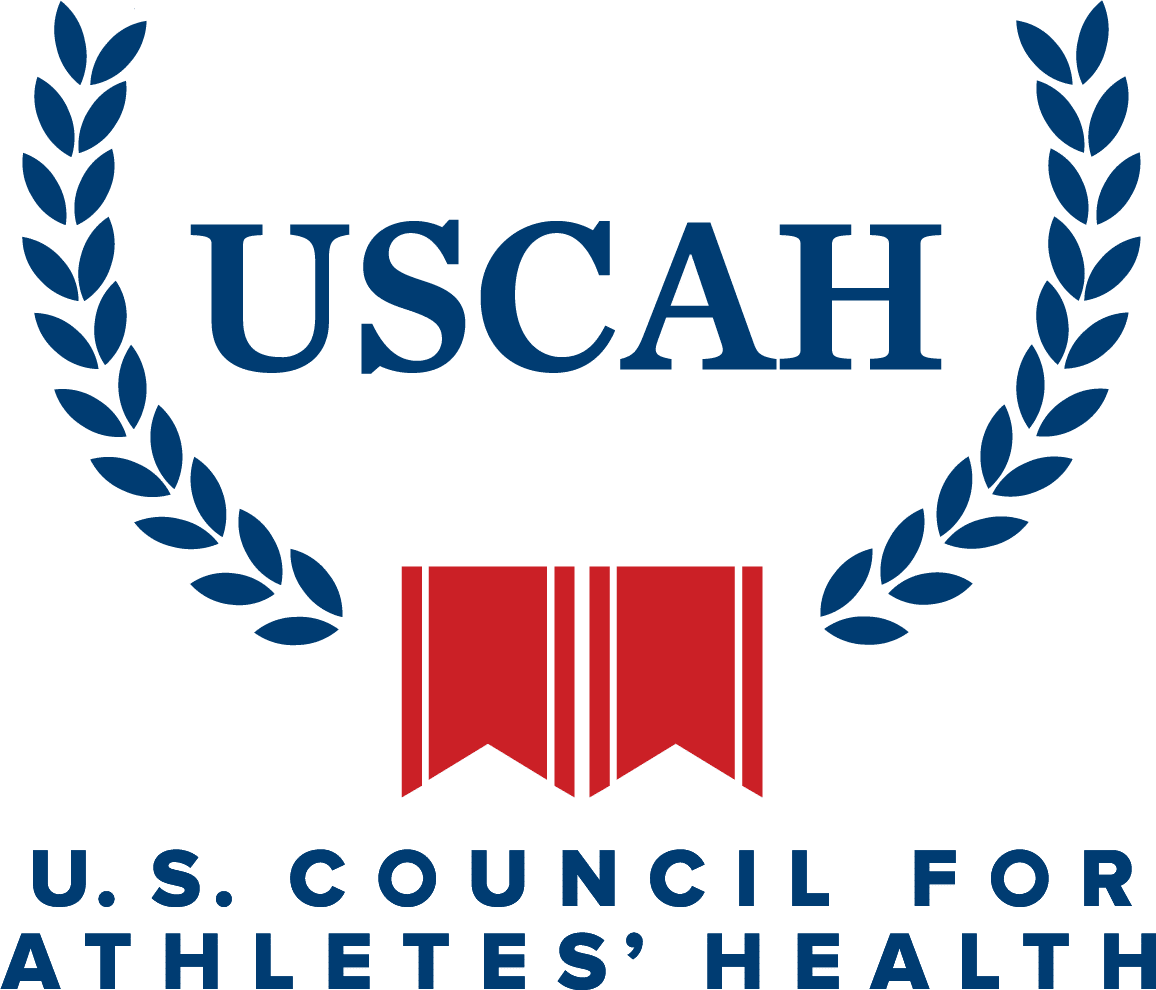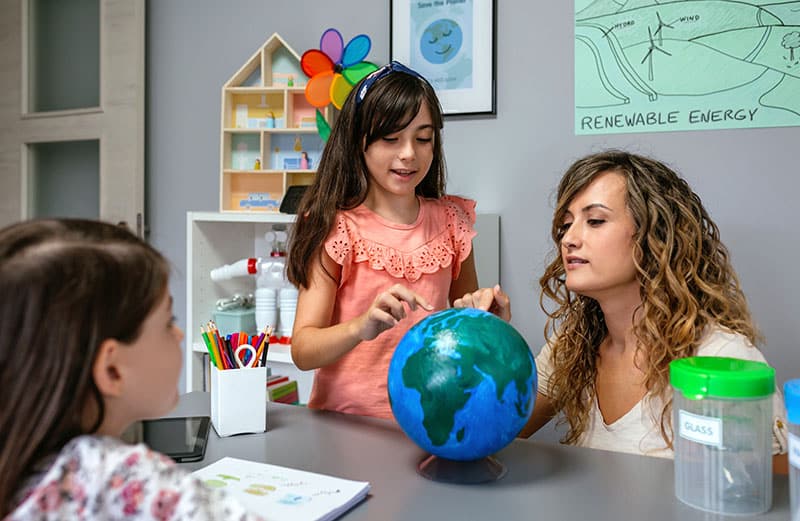February 1, 2024 min read

Discovering Educational Insights: Key Takeaways from Conferences and Educators’ Perspectives
Industry:
Solution:

As the K-12 Sector Manager for Vector Solutions, I have had the opportunity to travel to various education conferences and engage with educators over the past few months, including the SEL Exchange, EdMarket Brief Summit, and NAPSA (National Association of Pupil Services Administrators).
Across these events, I’ve noted pivotal trends reshaping secondary education. These insights are instrumental in understanding the evolving needs of students as they prepare for a future that’s increasingly diverging from traditional paths.
Three Trends Reshaping Secondary Education
1. Increased Focus on Career Readiness
A prominent trend is the shift in focus from primarily preparing students for college to equipping them for the workforce. Schools are looking to address the increasing number of students directly entering the workforce as research indicates only 51% of teens are looking to pursue a 4-year degree, a 20% decrease over 2020 data (5th National “Question the Quo” Survey). The increasing number of students directly entering the workforce after high school has made it crucial for education systems to prioritize career readiness skills in parallel with college readiness.
This shift signifies a broader definition and pathway of success beyond the conventional academic route, necessitating a curriculum that prepares students for real-world employment challenges. Career pathways and foundational skills continue to demand focus as districts align with community partners and companies for work-based learning opportunities and direct feedback on how to best educate and train students entering the workforce.
Vector Solutions recent acquisition of PathwayOS supports districts in closing the skills gap for students preparing for careers.
2. The Critical Role of Social Emotional Learning (SEL)
The lack of Social Emotional Learning (SEL) skills among students has become a major concern for not only schools as they strive to improve academic success and school safety but also for employers as they struggle to maintain adequate staffing. The “Top Employability Skills” listed by entities like Google, such as problem-solving, resiliency, leadership, and emotional intelligence correspond to the Collaborative for Academic, Social, and Emotional Learning (CASEL competencies in the areas of self-awareness, self-management, social awareness, relationship skills, and responsible decision-making.
These skills are notably key not just in the modern workplace but in various aspects of life inside and outside the classroom. It’s about creating an educational environment where learning experiences consistently reinforce SEL, career readiness, and other critical skills crucial for student success. Yale University School of Medicine research indicated key findings supporting the importance of social and emotional learning on academic achievement, improved social/emotional skills, positive mental health, better relationships and improved school climate.
Vector Solutions recently released a Leadership and Career Readiness course that focuses on these key areas to assist districts and teachers with helping students not only gain the skills necessary but to be able to connect these skills to workforce relevant scenarios to equip students with day-to-day application of these skills.
3. SEL Cannot Be Just One More Thing
Educators recognize that SEL skills are critical, but they can also be seen as “just one more thing” by staff who are already struggling to address academic gaps. States such as Kentucky require an individual learning plan for all students beginning in sixth grade until graduation that requires students to set annual academic and career-based learning goals. This reinforces the need to embed SEL skills development throughout the curriculum and not attempt to push all of this into one subject area or to a guidance counselor.
However, embedding these skills in the curriculum is challenging and requires ongoing professional development for all staff. Examples of effective integration could be incorporating digital citizenship in technology classes, mindfulness and mental health awareness through activities like journaling in English Language Arts and enhancing health curricula with relevant content such as mental health and substance misuse awareness. Relying solely on a singular advisory period is insufficient to meet the diverse needs of students and to instill the necessary skills, attitudes, behaviors, and beliefs for impactful change. This approach ensures that every class contributes to developing these essential skills.
Vector Solutions recognizes that content alignment and lesson plans are necessary to help make it easier for staff and teachers to facilitate these critical conversations across the curriculum.
Industry Trends Bring Transformation in Education
These three trends – the pivot to career readiness, the emphasis on SEL, and the need for its comprehensive integration into the curriculum – highlight a transformative period in education. This transformation is not only about education systems adapting to the changing landscape but also reimagining how we equip our students for a future that’ demands emotional intelligence, adaptability, conscientious global citizenship, and real-world readiness. With educators preparing students beginning in kindergarten for careers that may not even exist yet, the teaching of these fundamental skills provides the foundations for the future of a thriving workforce and global community.
The insights from these education conferences underscore the urgency for our education systems to evolve, preparing students not just for tests, but for the complexities of life in a dynamic, ever-changing world.
About the Author
Rebecca Wheeler is the K-12 Education Sector Manager at Vector Solutions. She has 20 years of experience in education, including: special education; general education; home-bound instruction; workforce readiness programming providing GED training, college and career readiness instruction, and job placement assistance for youth and adults; and serving as a state-level professional development director. In her role at Vector Solutions, she is responsible for integrating customer needs and education industry trends to advance our leading content and software solutions.










